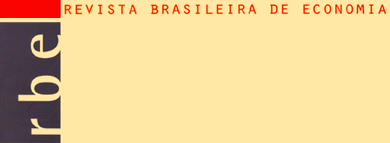We develop a theoretical model for parental behavior regarding land inheritance, accounting for consumption and savings strategies. We identify two types of modeling: one with, and another without, strategic behavior. In the first model, we assume that children do not act strategically towards their parent. We find that the child with the highest return to human capital is more likely to receive a larger share of the land if the difference in offspring’s returns is large. In the second model, we allow for each child to influence parent’s optimal choice of bequest by providing services to the latter. We illustrate that the child’s strategy for service provision is sufficient to assure that the one providing more assistance will receive a larger share of the bequest in a Nash equilibrium. We conclude by illustrating our theoretical model with some empirical analysis using longitudinal data for the rural Brazilian Amazon.
Land inheritance; Altruism; Exchange motive; Nash equilibrium; Brazilian Amazon






















